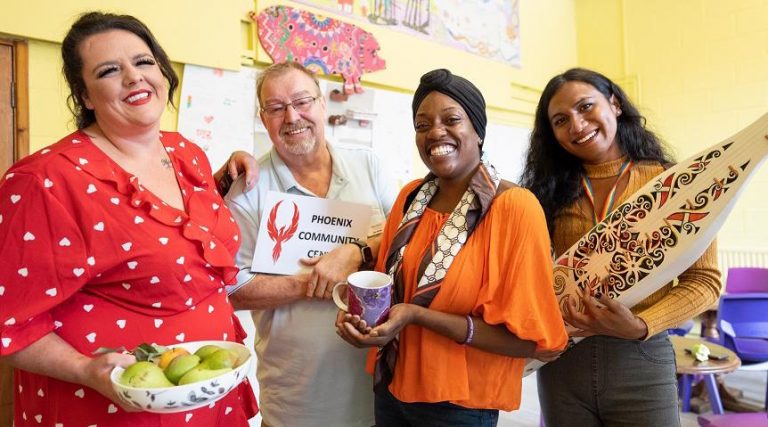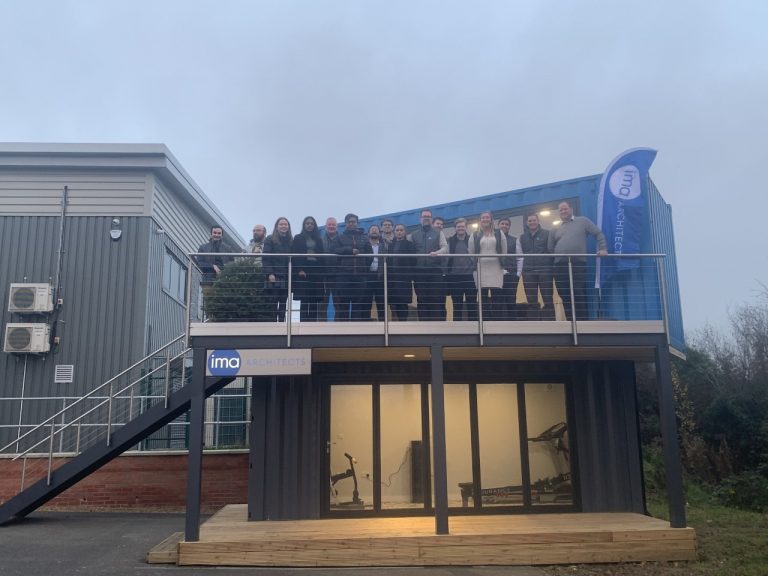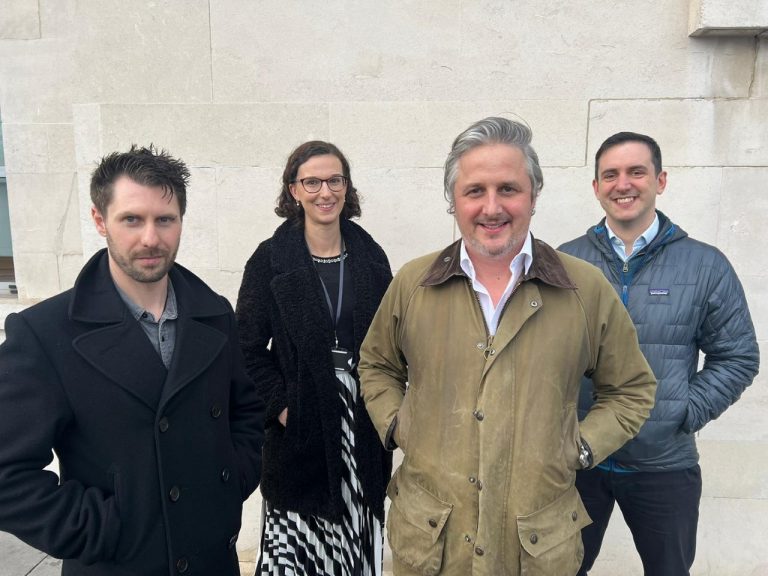2023 Business Predictions: Parm Bhangal of Bhangals Construction Consultants
“Challenging year” sees pre-tax loss and revenue dip for X-ray business
Support for more Derbyshire businesses to reduce energy use and cut carbon
- installing solar panels
- replacing old heating systems with air/ground source heat pumps
- retrofitting old boilers to make them more energy efficient
- fitting electric vehicle charging points at their premises
- installing energy efficient LED lighting
- improving the insulation in their premises to help prevent heat escaping
- funding to replace equipment and machinery with energy-saving alternatives
- battery storage for solar generated energy.
New Northampton logistics hub creating 7,500 jobs reaches key milestones
People with bright ideas invited to create their own businesses with expert support and £75k prize fund
IMA Architects unveil ‘UK first’ technology
IMA Architects (IMA) has unveiled a successful test prototype of a new technology that will create an exact digital replica of a building. Known as ‘The Digital Twin’, the technology will help companies gain more data about a building’s performance in real time, helping them to save money by monitoring and reducing a building’s energy use.
The company has transformed two former shipping containers at its head office in Blaby, Leicestershire into the ‘IMA Digital Pods’. The two structures are now a staff gym and a coffee bar – but with a difference. The pods have been equipped with a wide range of sensors to create a ‘Digital Twin’. Believed to be the first of its kind in the UK, IMA’s ‘Digital Twin’ prototype has been designed – and successfully tested – to accurately represent a physical space within a virtual model. In this instance, the staff gym and coffee area are replicated exactly, digitally. Linked to Building Information Modelling (BIM), sensors in the physical building feed data back to the virtual model, showing how even the slightest change could impact performance in the real world. This grants the building owner or manager access to real-time data with an in-depth analysis of a building’s performance. This is significant as it means that simulations can also be run in the virtual space, allowing users to gain information on important metrics such as energy consumption to carbon emissions, informing decisions that are made in the real world. The IMA Digital Pods use Internet of Things (IoT) sensors to collect real-time data from the relevant spaces and feed it back “through a cloud platform” into a 3D model that has accurate information about the pods’ structure and assets installed within. This data is then analysed and visualised virtually within the Digital Model and can be stored in the cloud for further analysis. Commands can also be sent from the Digital Model to activate or deactivate devices in the Pods as well as monitoring performance. Anthony Day, Managing Director of IMA Architects, says: “The creation of the IMA Digital Pods has enabled us to develop our knowledge within this emerging area. We are putting the theory into practice so that we can implement this technology on our client projects. “We believe that the successful use of BIM and the ‘Digital Twin’ is the future of building design, and having more buildings with this level of information and intelligence will play a huge part in helping the UK meet its Net Zero targets, reducing costs for businesses along the way. “Amongst other things, it has the potential to lower construction costs by 33%, increase delivery speed by 50%, and lower emissions by 50%, the latter of which is incredibly important as the Government continues to set out plans to decarbonise all sectors of the UK economy. And with increasing energy costs, the Digital Twin will be an incredibly valuable cost-saving tool, leading the way to a better, greener, future.” IMA unveiled the Digital Pods at a launch event with staff and clients at its Blaby HQ on Friday 2 December 2022.











